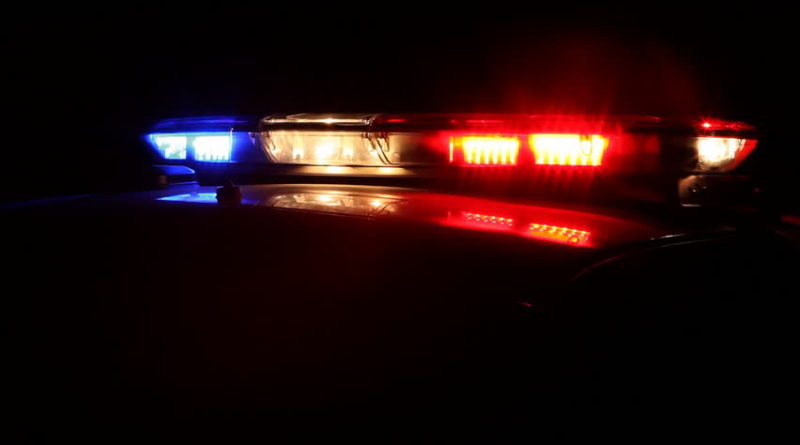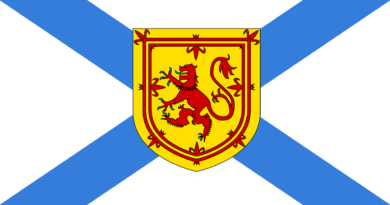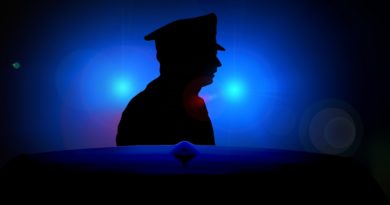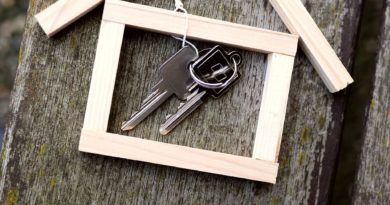RCMP Warns Motorists of Increased Sobriety Checkpoints: March 17-23.
As National Impaired Driving Prevention Week (March 17-23) approaches, the Nova Scotia RCMP is warning motorists to expect to see increased sobriety checkpoints across the province.
Impaired driving continues to be a significant threat to road safety, with devastating consequences to individuals, families and communities. To address this issue, Nova Scotia RCMP Traffic Services will be conducting increased patrols and checkpoints across the province as part of our continued efforts to keep our roads and highways safe.
“We urge all motorists to plan ahead and arrange for a safe way home if they will be consuming alcohol or drugs,” says S/Sgt. Ben Parry, Nova Scotia RCMP Traffic Services. “Designating a sober driver, using public transportation, or calling a taxi or ride sharing service are simple yet effective ways to prevent impaired driving incidents.”
Drivers who come through checkpoints may encounter sobriety testing. This comes in many forms, including:
- Approved Screening Devices (done roadside to test breath samples for alcohol)
- Approved Instruments (usually done at detachments to test breath samples for alcohol)
- Approved Drug Screening Equipment (done roadside to test oral fluid for THC [the pharmacological active ingredient in cannabis] and cocaine)
- Standardized Field Sobriety Testing (usually done roadside to test for impairment by alcohol and/or drugs)
- Drug Influence Evaluations (usually done at a detachment to test for impairment by drugs)
- Blood samples (done by a medical professional to test for blood drug concentration)
Failure or refusal to participate in sobriety testing may result in criminal charges that have the same penalties as impaired driving. These may include jail time, licence suspension, fines and/or being sentenced to driver rehab.
If you suspect someone is driving impaired, it’s an emergency. Call 911 as soon as it is safe to do so. If possible, provide the licence plate, a description of the vehicle, location, and direction of travel. You could save a life.
Source : RCMP Release




